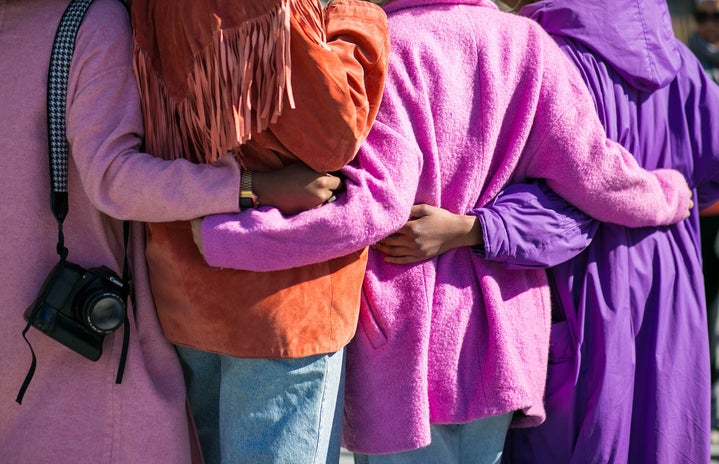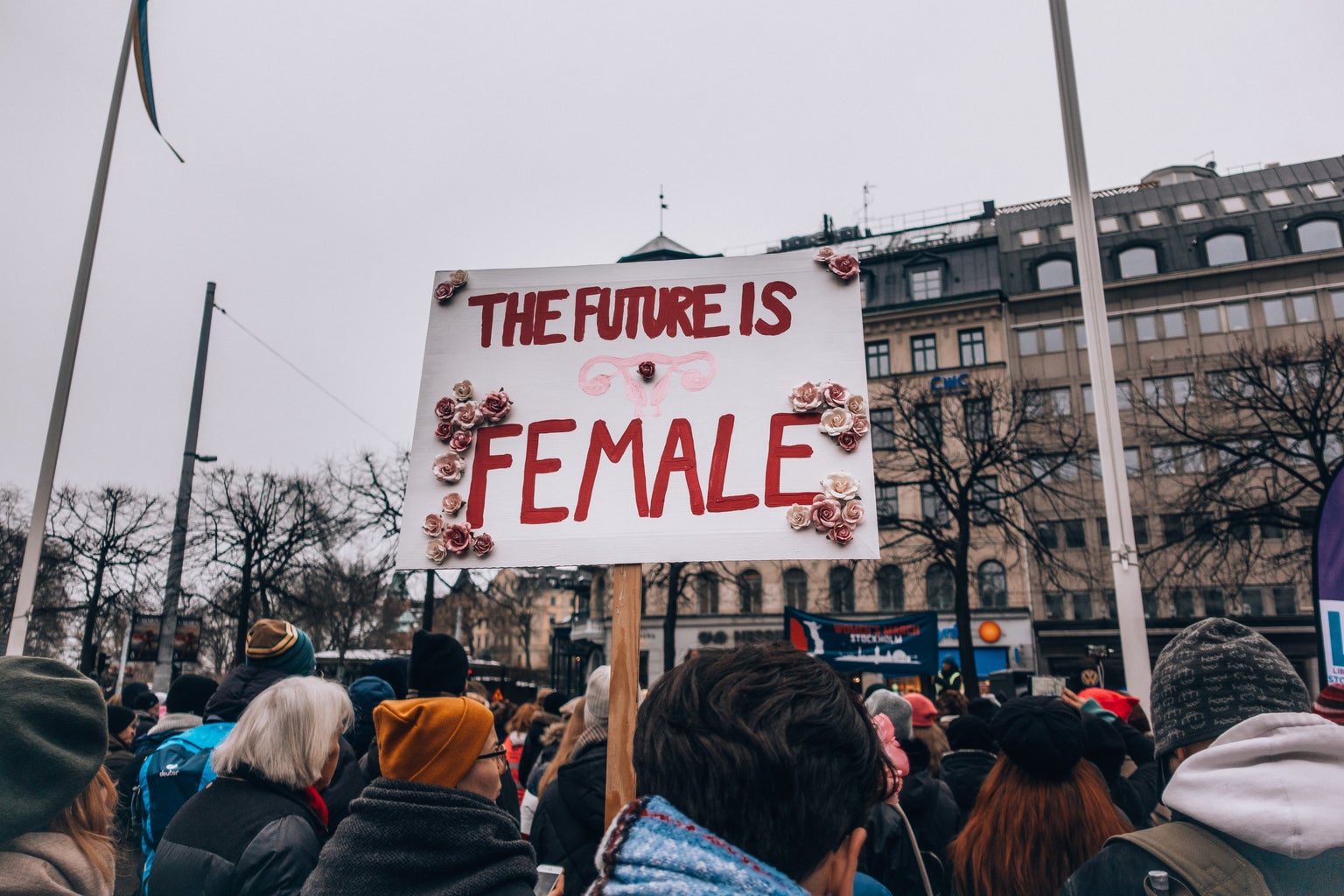The month of March is Women’s History Month, a time to acknowledge the many contributions and sacrifices of women and girls across the globe. From performing daily acts of kindness to pushing for the progression of women’s rights- women are a force that deserves recognition for the buildup of their often historically overlooked stories and actions.
As I reflect on what this month means to me, I think of the women in my life and how they have infinitely improved my and others’ lives. The women I call friends and family have supported me through every stage of my life. We all know about gender-based issues like the wage gap. Looking back on their influence and support has helped me realize the significance of undervalued emotional labour. We all know about gender-based issues like the wage gap, but what seems to go unnoticed in our celebration of women and their accomplishments is the emotional labour many women provide for others in their day-to-day lives.
The idealized family model is structured in ways that encourage mothers and mother figures to be the first source of emotional support and comfort. For most people, our mothers were the first person we ran to after falling at the playground and the first person we told our scary dreams to. Even today, when something feels too big to deal with on my own, I pick up the phone at the ripe old age of 19 to frantically FaceTime my mother from university. She never complains or requires excessive thanks. She – alongside other women – spends the majority of their life being there for others in ways that men generally are not expected to.
The emotional support men provide for others is less likely to be attached to overarching gendered expectations. For women, a job is made of emotional support. As little girls, we watch our mothers support everyone close to them, championing successes and soothing the pains of failures. Then we grow up and feel it’s our duty to do the same for our friends and partners. The same characteristics can be found in the dynamics of female friendships, more so than in male friendships. The patriarchal familial structures that young girls observe during childhood continue to affect them as they begin their own families.
The expectation of being the family cheerleader, therapist, and caretaker is practically a role that women fulfill in addition to having professional careers. So, remember to thank the women in your life who have been there for you. The emotional labour of women is the backbone of our society- it needs to be appreciated more loudly and more frequently.





